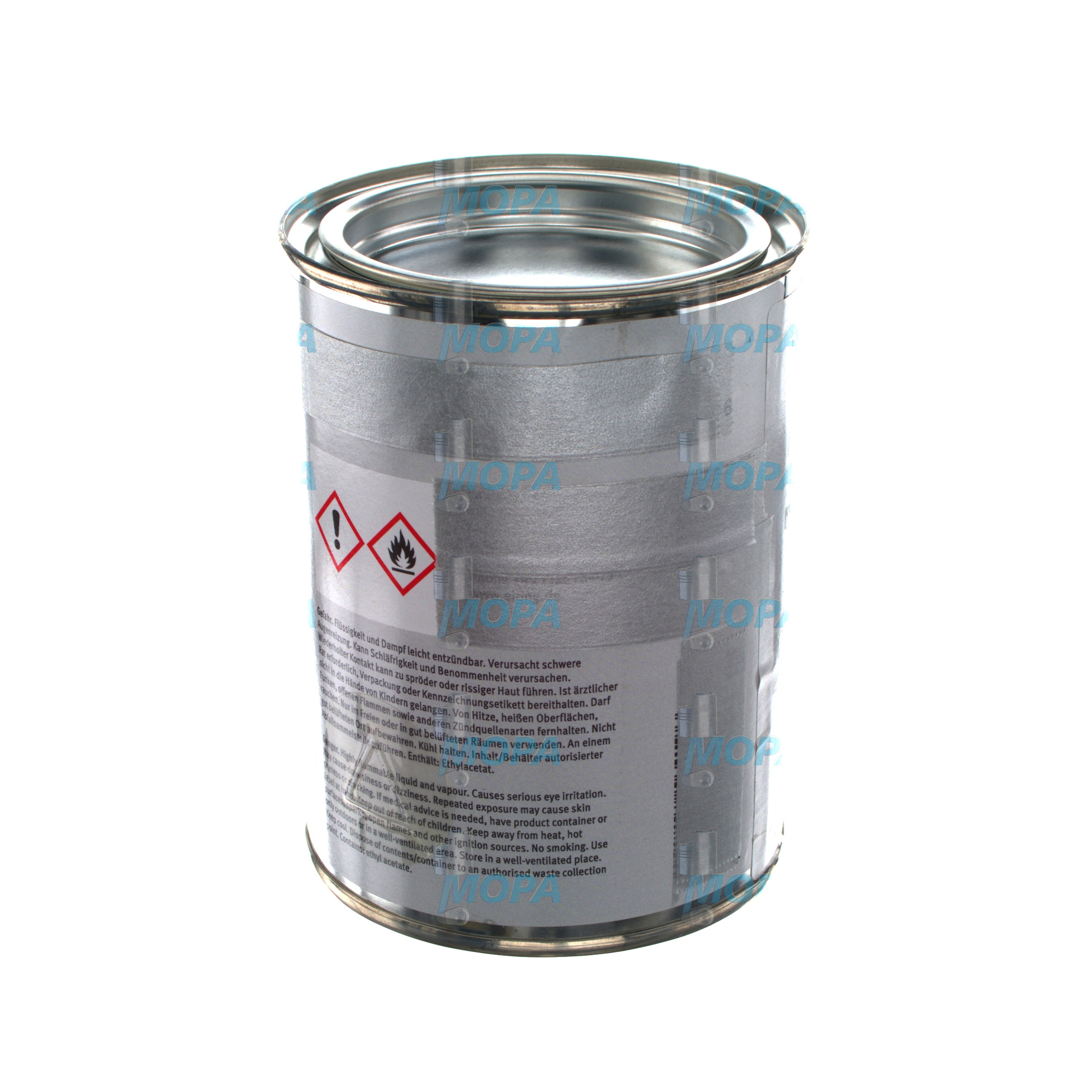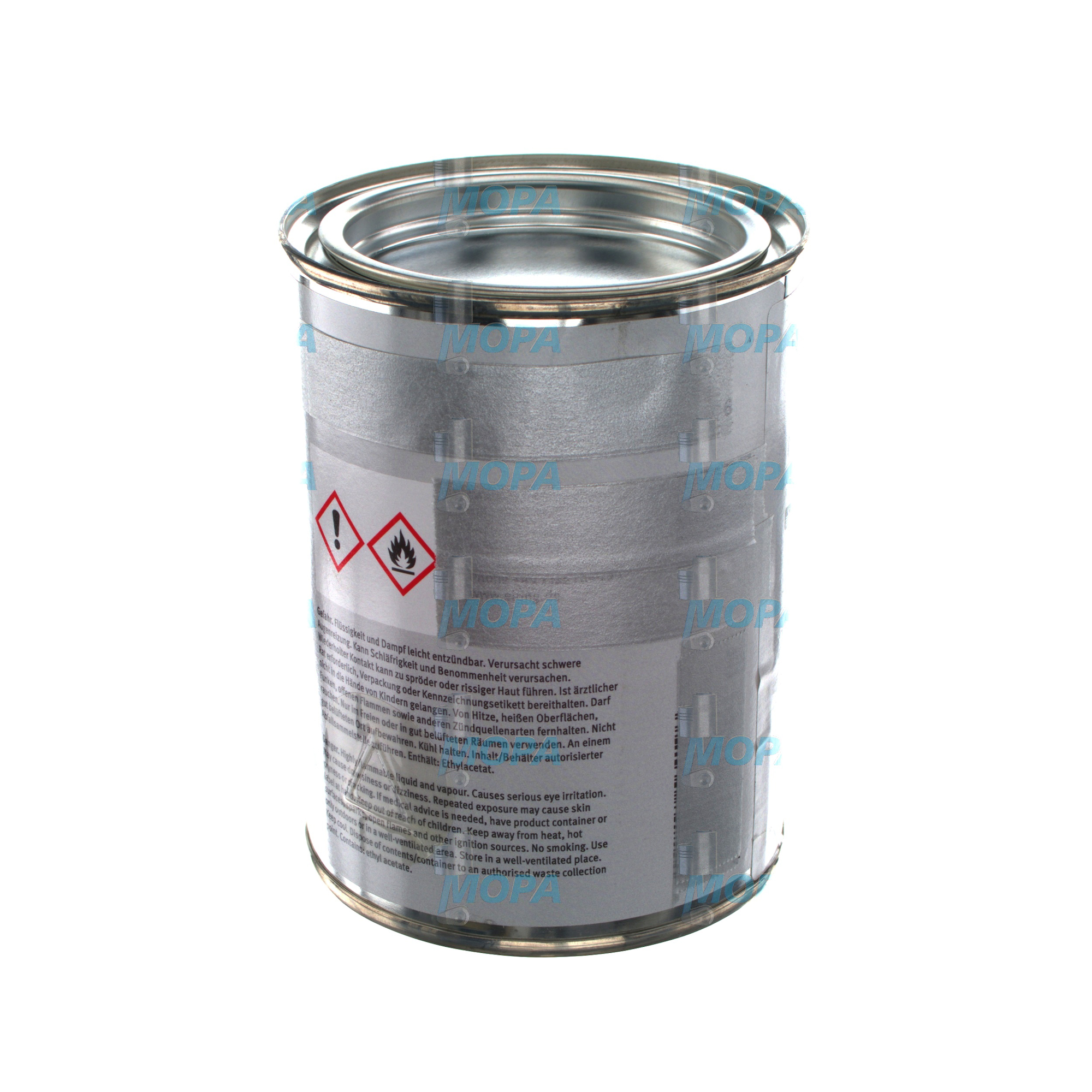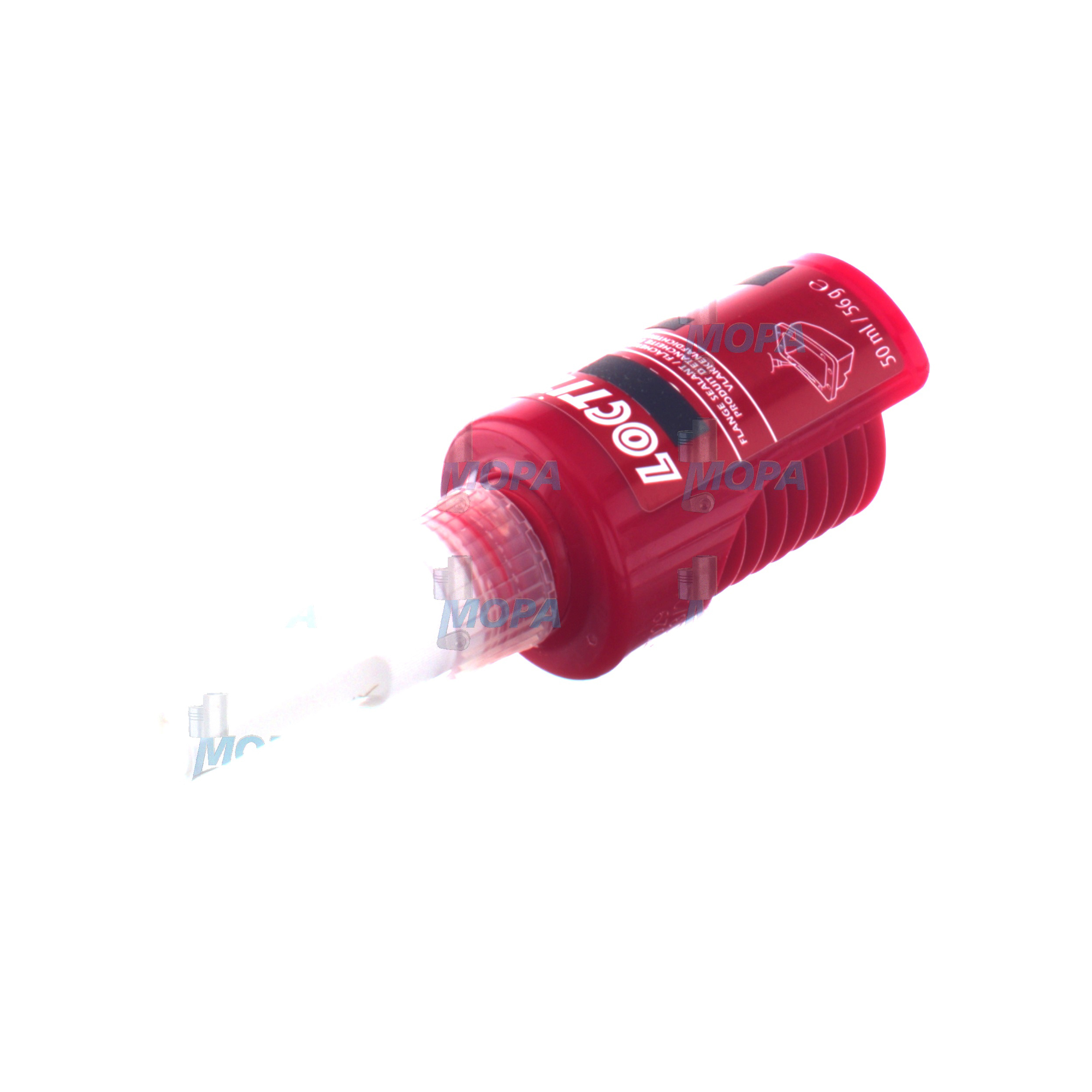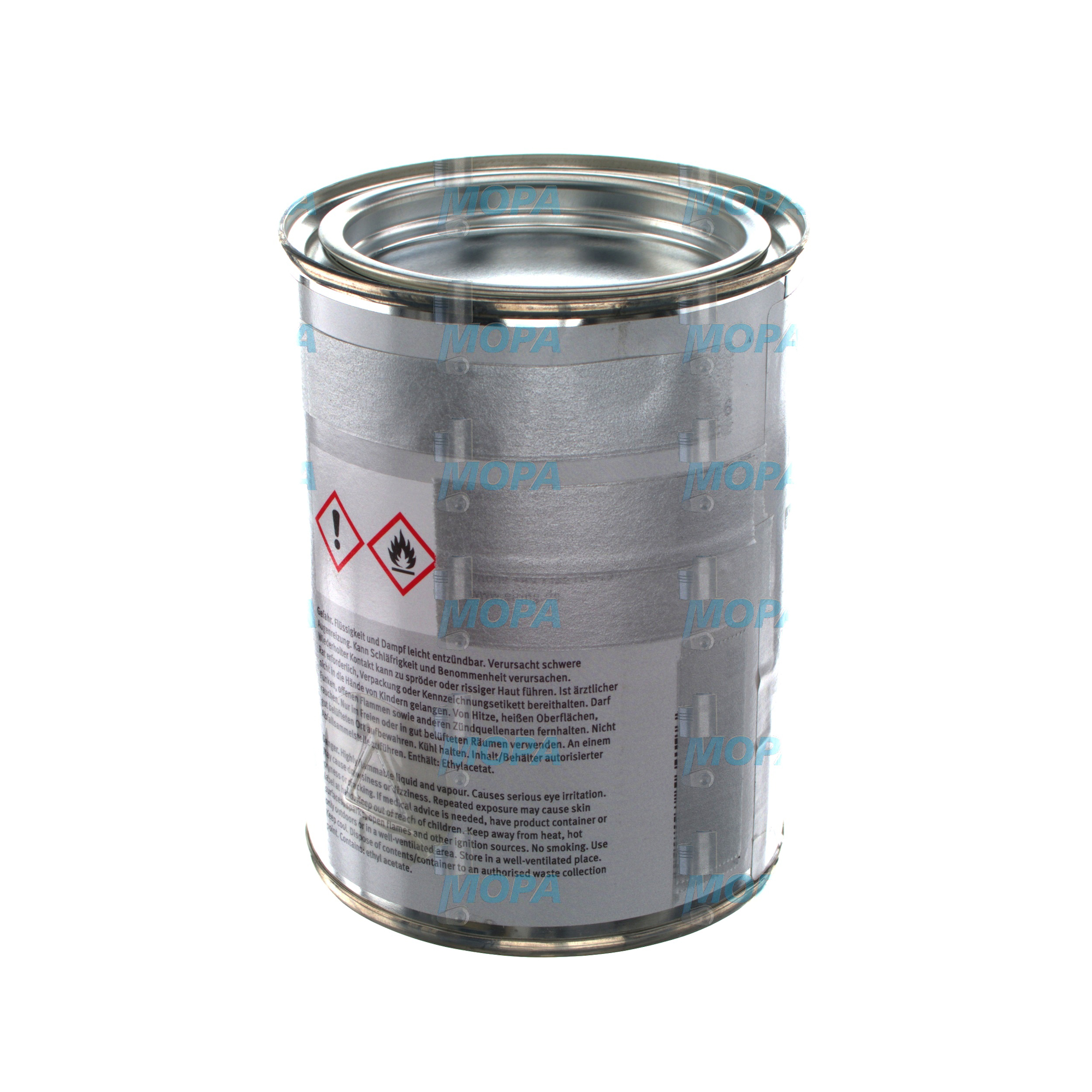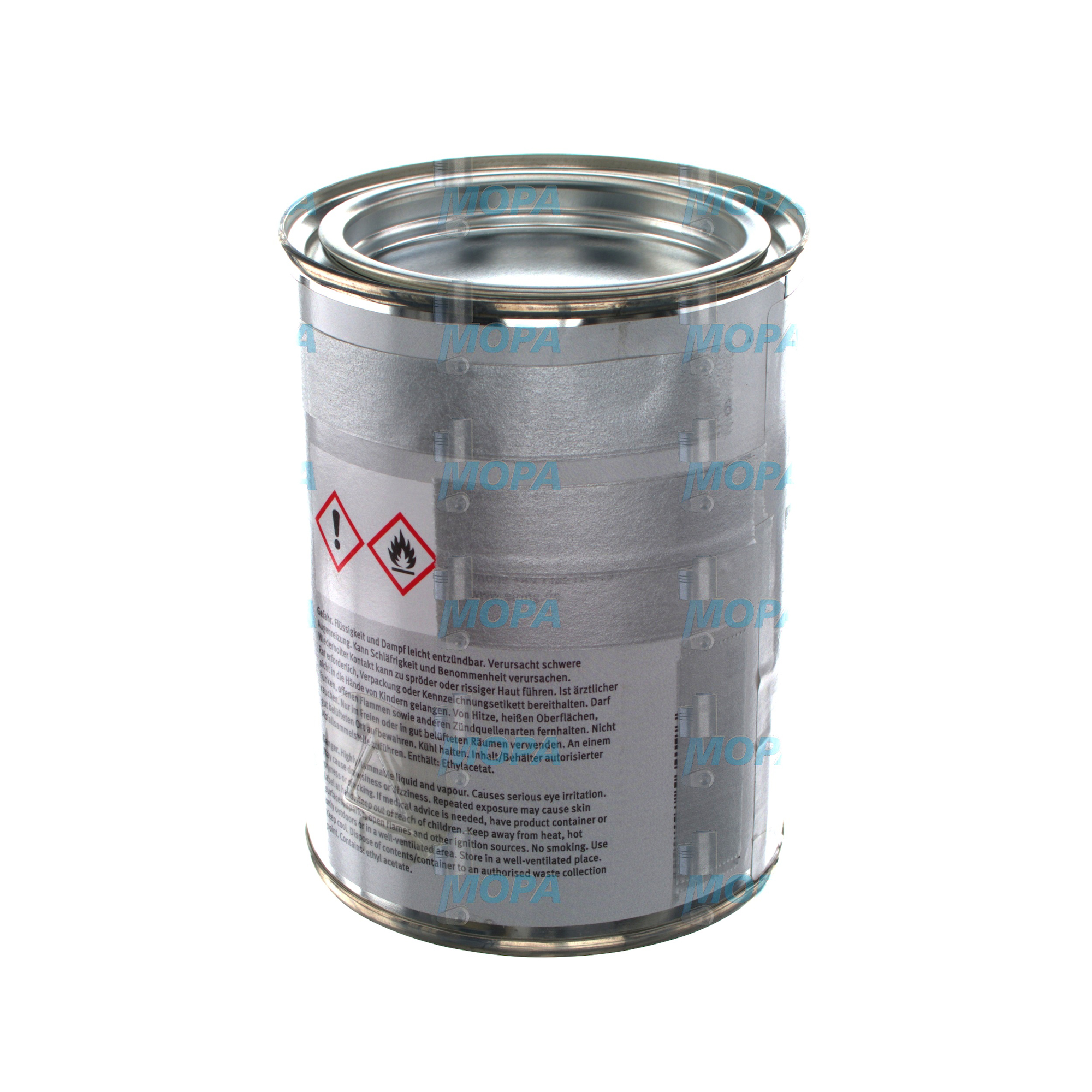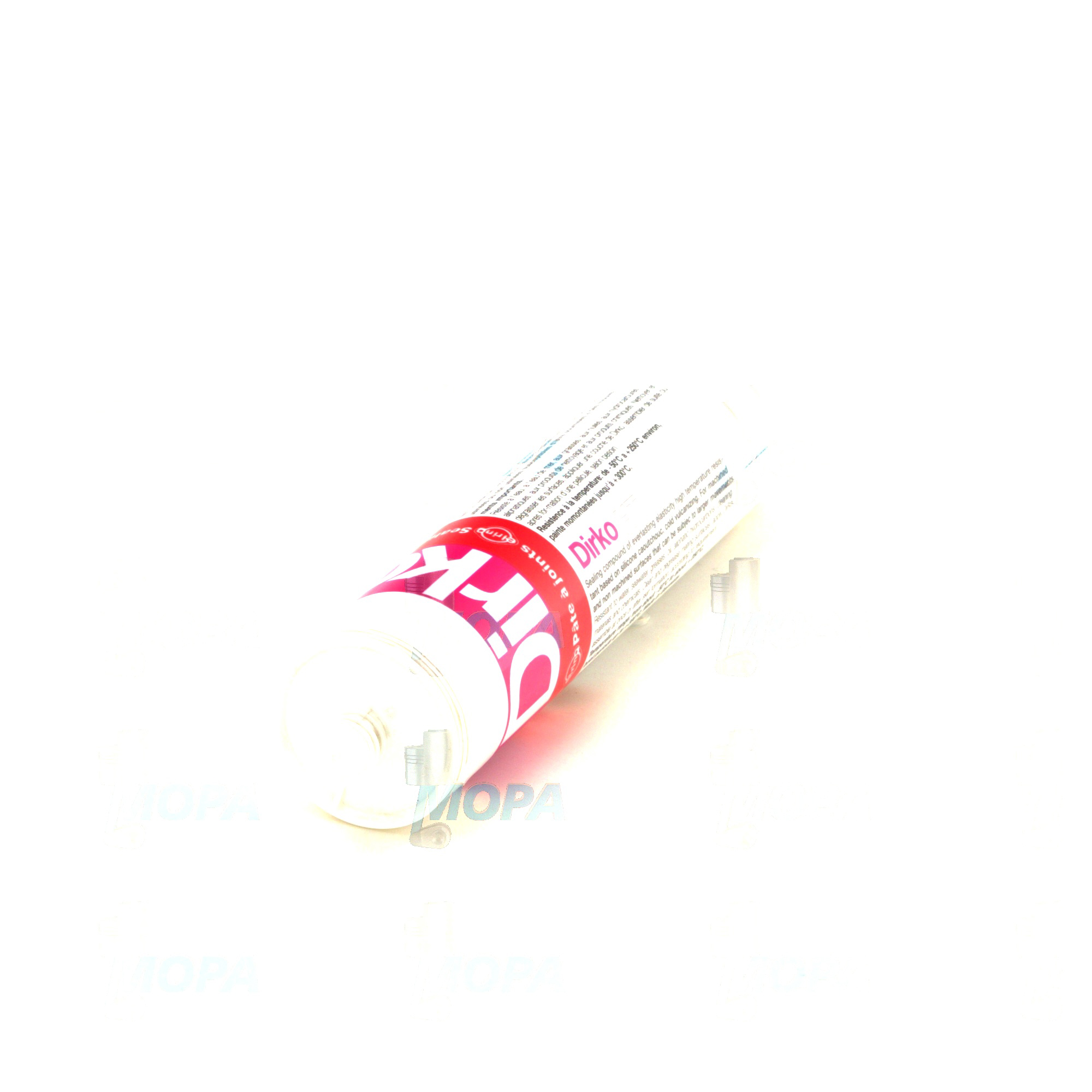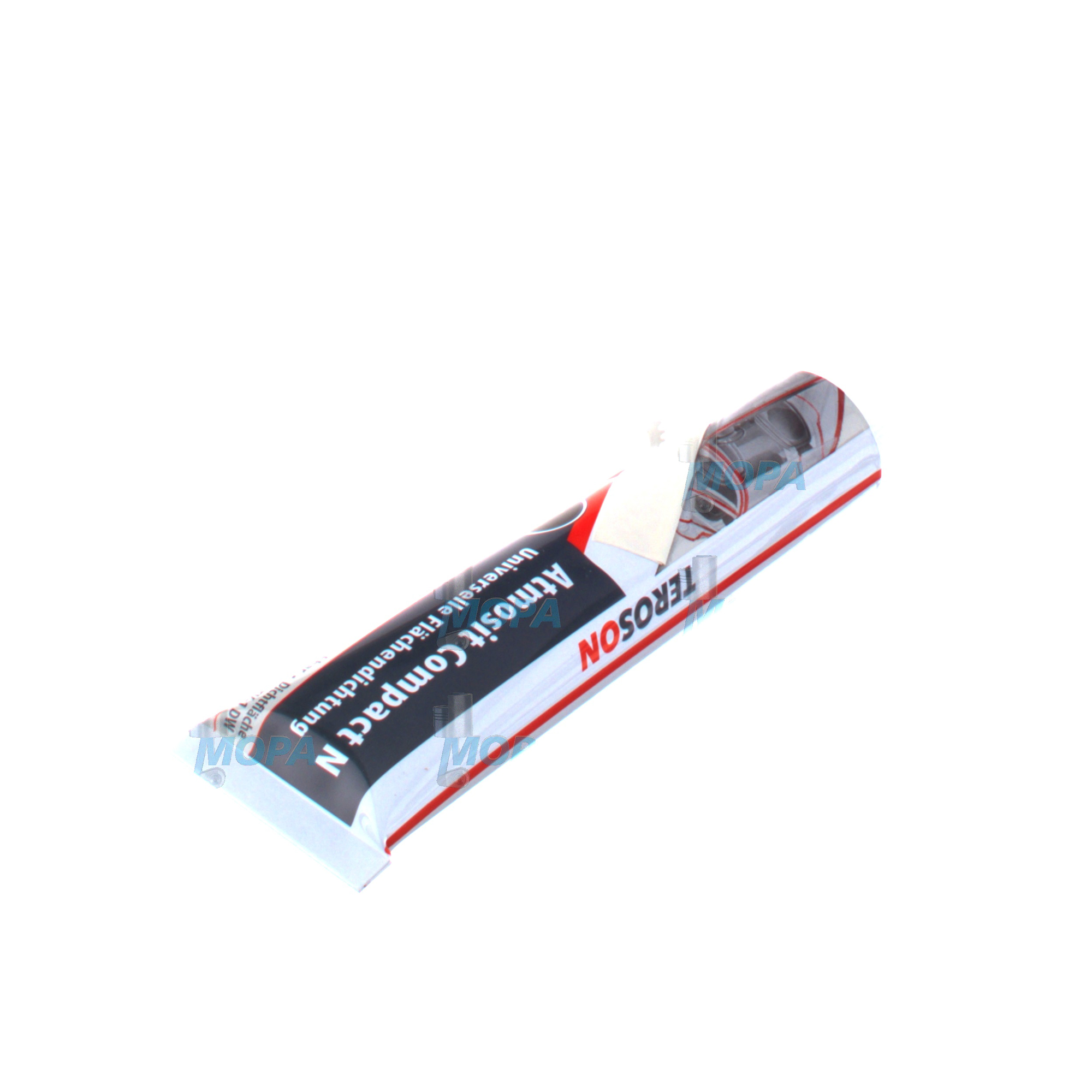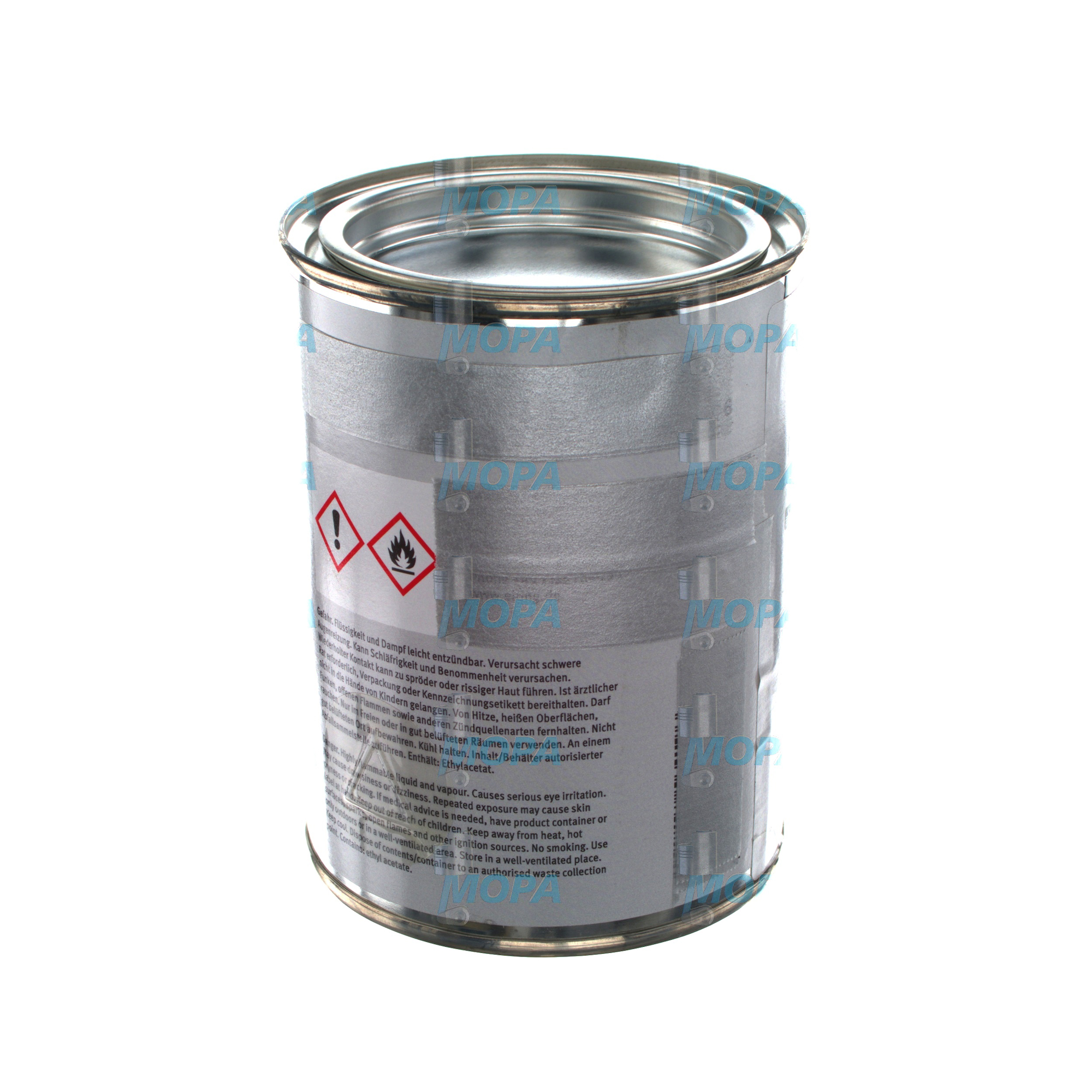SEALING COMPOUND and Gaskets for diesel, gas, and marine engine applications
Gaskets are precision sealing elements that create reliable, leak-tight joints between engine components. From the cylinder head and exhaust manifold to charge-air, coolant, and lubrication interfaces, they prevent the escape or cross-contamination of combustion gases, oil, and coolant. In large diesel engines, gas engines, and marine engines, correctly specified gaskets are essential to maintain compression, ensure stable temperatures, reduce emissions, and keep rotating assemblies protected from contamination. As a result, they directly influence power output, fuel efficiency, and operational safety.
Within the article category “Gaskets,” buyers will find a wide scope of designs tailored to exact interfaces: multi-layer steel head gaskets with fire rings, graphite and metal-jacketed exhaust gaskets, spiral-wound gaskets for high-temperature flanges, elastomeric profile gaskets for covers and inspection doors, PTFE-based seals for chemically aggressive media, and precision O-rings for pumps and coolers. Each type is engineered to handle specific pressures, temperatures, surface finishes, and joint movements common to demanding propulsion and power-generation duty cycles.
Technical function of gaskets and SEALING COMPOUND in diesel engine and marine engine systems
The core task of a gasket is to compensate for surface irregularities and maintain a defined sealing stress between two mating parts under thermal and mechanical load. In a cylinder head joint, for example, the gasket must seal combustion pressures, prevent coolant and oil migration, and retain clamping force across temperature swings and vibration. Multi-layer steel designs with embossed beads and integrated fire rings resist blow-by and preserve compression, which translates directly into stable power and reduced specific fuel consumption.
Across the engine, gasket selection is application-specific. Exhaust and turbocharger gaskets must tolerate high temperatures and pulsating pressure; materials such as graphite with stainless steel reinforcement or spiral-wound constructions are typical. In the intake and charge-air system, gaskets preserve boost pressure so the turbocharger can maintain target airflow and efficiency. Oil and coolant circuit gaskets prevent aeration, cavitation, and bearing damage by keeping media strictly segregated. Where flange flatness or micro-porosity is critical, a compatible SEALING COMPOUND for marine engine or diesel engine service helps micro-sealing, filling minor surface defects without impeding disassembly during maintenance.
Correct clamping load, bolt torque sequences, and surface finish (e.g., controlled Ra values) are decisive. Under-tightening leads to leaks; over-tightening can crush beading, reduce recovery, and shorten service life. Thermal expansion of dissimilar materials must be considered, as must creep and relaxation behavior. In many assemblies, a thin application of SEALING COMPOUND with OEM parts is recommended to stabilize the interface, reduce fretting, and prevent cold-flow paths at corners and cutouts.
Key characteristics and advantages of gaskets
· High temperature resistance for exhaust and turbo joints.
· Excellent compression and recovery to maintain sealing stress.
· Chemical compatibility with fuel, oil, coolant, and combustion byproducts.
· Tight thickness tolerances for controlled compression ratio and clearances.
· Gas-tight sealing of combustion chambers to protect performance.
· Robust against vibration, pulsation, and thermal cycling.
· Engineered to match OEM flange geometry and fastener patterns.
Why gaskets are critical for reliable engine operation
When gaskets degrade or are incorrectly specified, the knock-on effects are immediate and costly. Combustion gas leaks reduce compression, causing power loss, misfires, and elevated emissions. Coolant-to-oil cross-leaks contaminate lubrication, accelerate bearing wear, and can lead to catastrophic failures. Charge-air leaks lower boost pressure, increase exhaust temperatures, and stress the turbocharger. Exhaust leaks raise noise and heat load in the engine room and jeopardize safety. Even small weeping at covers or pumps contributes to corrosion, housekeeping issues, and unplanned downtime.
By maintaining stable sealing under all operating modes—start-up, load changes, and peak output—high-quality gaskets extend maintenance intervals, protect expensive rotating components, and preserve class compliance for marine assets. In short, reliable gaskets safeguard uptime, efficiency, and lifecycle cost across the vessel or plant.
Advantages of OEM spare parts suitable for gaskets and SEALING COMPOUND
Choosing OEM spare parts suitable for gaskets ensures dimensional fidelity, proven material stacks, and correct beading geometry that matches the engine maker’s flange design. This precision delivers predictable sealing stress at the specified bolt preload and surface finish, minimizing rework and the risk of leaks after commissioning.
With OEM spare parts, surface coatings, embossments, and fire-ring metallurgy are aligned to actual combustion pressures and thermal profiles of the engine model. The result is consistent compression set, stable recovery after thermal cycling, and long-term sealing even in high BMEP applications. In interfaces where micro-sealing is recommended, pairing the gasket with an approved SEALING COMPOUND in OEM parts kits further reduces leak paths and supports clean disassembly during overhauls.
From a commercial perspective, the right OEM spare parts limit consumption of consumables, help avoid secondary damage, and reduce downtime through first-time-right installation. Traceability and documentation support audits and compliance, while kit completeness accelerates service tasks, especially in port calls or tight outage windows.
MOPA — your partner for OEM parts gaskets for diesel and gas engines
MOPA supplies OEM spare parts suitable for gaskets across leading diesel engine, gas engine, and marine engine platforms. Customers rely on fast response, consistent quality, and secure, traceable transactions. With access to extensive stocks and a vetted supplier network, MOPA delivers the right gasket type—head, exhaust, turbo, charge-air, coolant, oil system, or door seal—along with compatible SEALING COMPOUND where specified, to ports and plants worldwide.
From technical identification to logistics, MOPA focuses on speed and risk reduction: rapid quotations, accurate part matching, and dependable delivery keep maintenance on schedule and assets earning.
Conclusion — gaskets and SEALING COMPOUND for dependable performance
Gaskets are fundamental to engine integrity, preserving compression, fluid separation, and thermal stability in harsh duty. Specifying OEM spare parts suitable for gaskets—and using the correct SEALING COMPOUND where required—optimizes performance, reliability, and lifecycle cost.
MOPA supports purchasers and operators with swift, secure supply of OEM parts gaskets for diesel, gas, and marine engine applications, ensuring engines stay tight, efficient, and ready for service.


